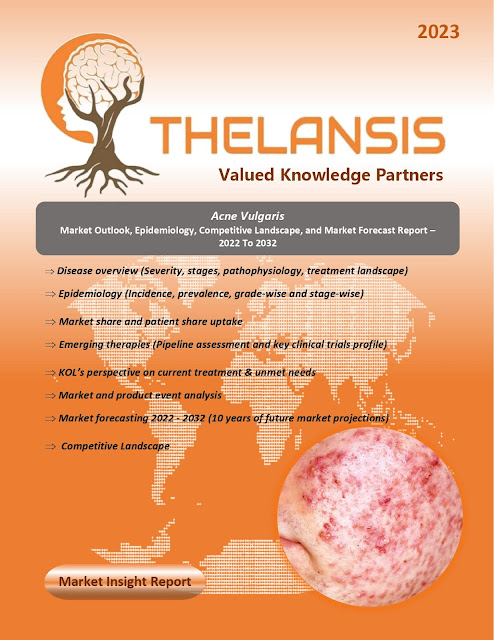Necrotizing Enterocolitis (NEC) – Market Outlook, Epidemiology, Competitive Landscape, and Market Forecast Report – 2023 To 2033
Necrotizing enterocolitis (NEC) primarily afflicts preterm infants, reflecting the remarkable advances in neonatology that have enabled the survival of babies born at lower gestational ages, a feat unimaginable a few decades ago. It stands as one of the most devastating maladies encountered in neonatal intensive care, characterized by staggering rates of morbidity, mortality, and financial burden. Long-term consequences include intestinal strictures, adhesions, cholestasis, short bowel syndrome, failure to thrive, and neurodevelopmental delays. Regrettably, efforts to treat or prevent NEC have seen limited success. The underdeveloped physiological functions of preterm infants, including immature barrier function, circulatory regulation, motility, digestion, absorption, and immune defenses, contribute to the vulnerability to NEC. Furthermore, the delicate balance between inflammatory and tolerogenic immune responses must still be developed. Classic NEC often manifests with excessive inflammatory reactions, evidenced by elevated serum levels of cytokines and chemokines, notably IL-8. Potential biomarkers for NEC include claudin 3, an integral component of tight junctions, an intestinal fatty acid-binding protein produced by epithelial cells, and fecal calprotectin, a product of inflammatory cells. Despite ongoing research, there is currently no FDA-approved treatment for NEC.
·
Necrotizing enterocolitis (NEC) affects a
significant proportion of low-birth-weight infants, with up to 5% incidence
among this population. It is particularly prevalent in those weighing less than
1,500 grams at birth. Additionally, NEC accounts for approximately 7 to 14% of
cases among full-term infants.
Thelansis’s
“Necrotizing Enterocolitis (NEC) Market Outlook, Epidemiology, Competitive
Landscape, and Market Forecast Report – 2023 To 2033" covers disease
overview, epidemiology, drug utilization, prescription share analysis,
competitive landscape, clinical practice, regulatory landscape, patient share,
market uptake, market forecast, and key market insights under the potential Necrotizing
Enterocolitis (NEC) treatment modalities options for eight major markets (USA,
Germany, France, Italy, Spain, UK, Japan, and China).
KOLs insights of Necrotizing
Enterocolitis (NEC) across 8 MM market from the centre of Excellence/ Public/
Private hospitals participated in the study. Insights around current treatment
landscape, epidemiology, clinical characteristics, future treatment paradigm,
and Unmet needs.
Necrotizing
Enterocolitis (NEC) Market Forecast Patient Based Forecast Model (MS.
Excel Based Automated Dashboard), which Data Inputs with sourcing, Market
Event, and Product Event, Country specific Forecast Model, Market uptake and
patient share uptake, Attribute Analysis, Analog Analysis, Disease burden, and
pricing scenario, Summary, and Insights.
Thelansis Competitive Intelligence (CI) practice
has been established based on a deep understanding of the pharma/biotech
business environment to provide an optimized support system to all levels of
the decision-making process. It enables business leaders in forward-thinking
and proactive decision-making. Thelansis supports scientific and commercial
teams in seamless CI support by creating an AI/ ML-based technology-driven
platform that manages the data flow from primary and secondary sources.
Tags: Necrotizing
Enterocolitis (NEC), Necrotizing Enterocolitis (NEC) market
outlook, Necrotizing Enterocolitis (NEC) competitive
landscape, Necrotizing Enterocolitis (NEC) market
forecast, Thelansis, Primary market research, KOL insights, Competitive
Intelligence (CI)




Comments
Post a Comment